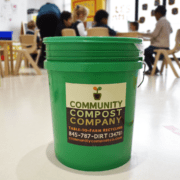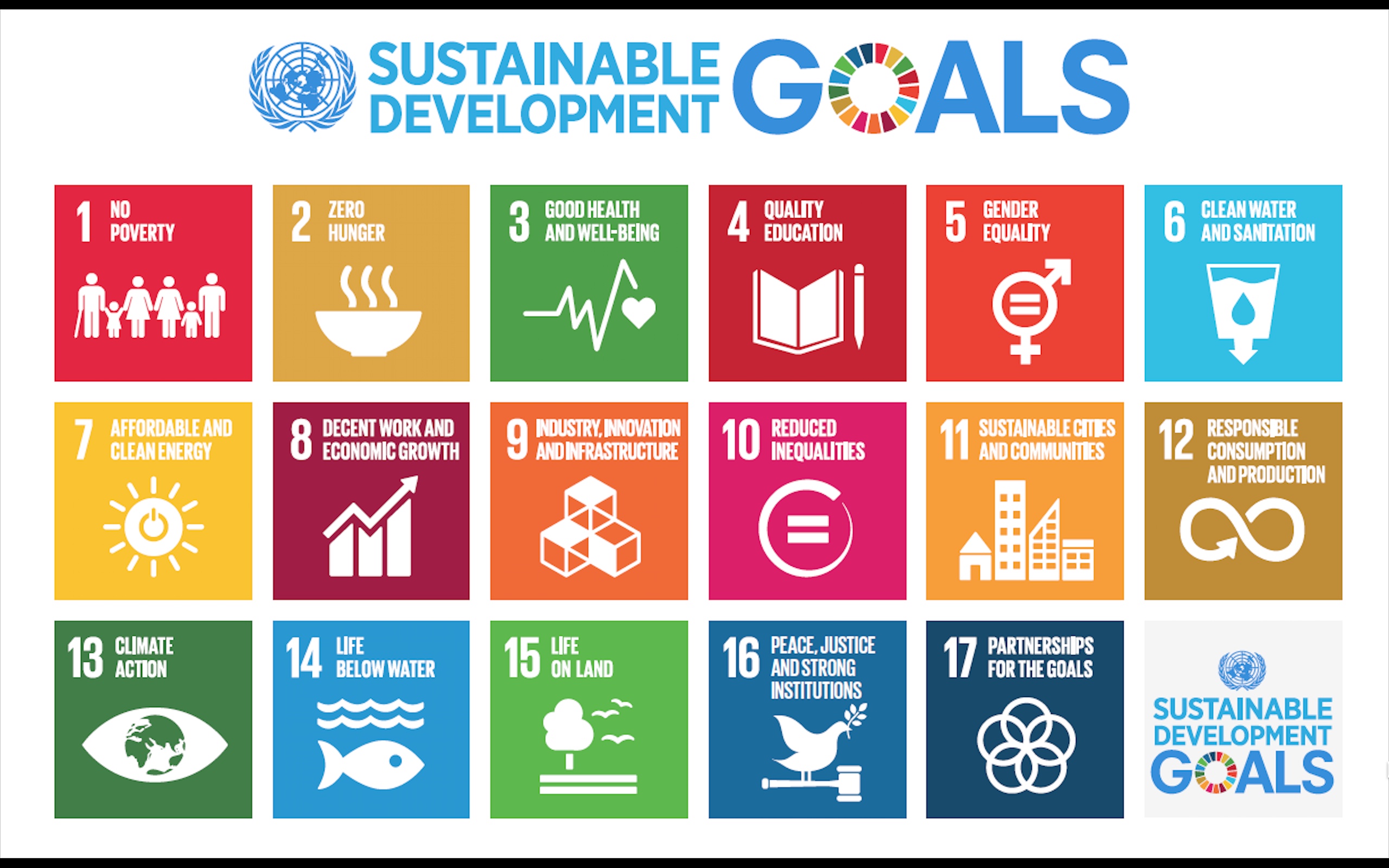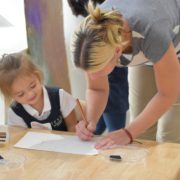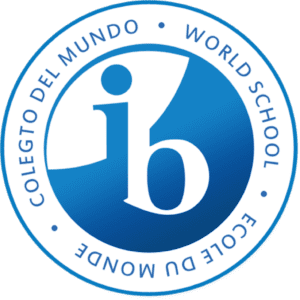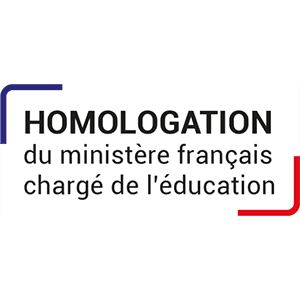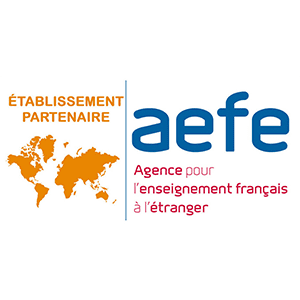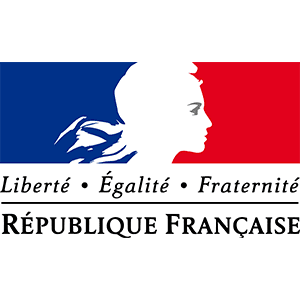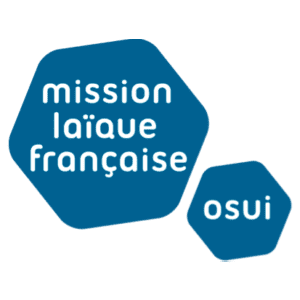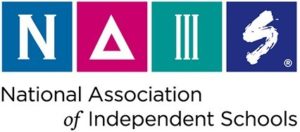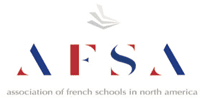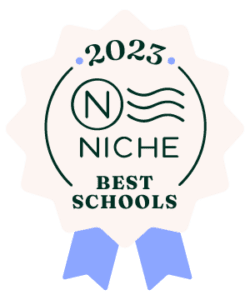Tessa Goes Green
Though we all may come from different neighborhoods, cities, and even countries, there is one place that all of us call “home” – Earth! Now more than ever, citizens from around the world have been paying extra attention to taking care of our planet and reducing their carbon footprint. Here at Tessa, we are proud to have joined the cause.
Tessa’s Efforts for a Cleaner Earth
The Tessa Team is thrilled to announce that we have implemented a recycling program for our students! This program allows students in each classroom to learn firsthand both the proper way to recycle and how recycling benefits the planet.
If you take a look into our classrooms, you will now see a few different waste bins for different purposes. Our students are being taught to distribute their waste into these bins according to material (paper, plastic, aluminum, glass, compostable materials).
But what about waste that is not traditionally recyclable? Thanks to Ms. Ana in Spanish Pre-K 3, Tessa is now participating in TerraCycle, a program that strives to eliminate the idea of waste. This program is funded by brands, manufacturers, and retailers around the world to help people recycle hard-to-recycle waste. As part of TerraCycle, here at Tessa, we’ve started collecting dental products such as toothpaste containers and floss and are working to add more products to the list!
How You Can Help
We truly hope that the recycling efforts we are making at Tessa inspire our students and their families to continue these efforts outside of the classroom. If you are already doing your part to recycle at home, on behalf of the rest of the planet, thank you. If you are feeling inspired to start recycling, here are a few helpful tips to get you going:
- Reduce your waste! Use reusable coffee mugs and straws as often as you can. Some coffee shops will even give you a discount for bringing your own cup!
- Be sure to check your refuse provider website. Sometimes things that we might think are recyclable aren’t. Also, often times, certain materials cannot be mixed together. If this happens, the entire collection of recyclables may just end up in a landfill.
- Rinse food and liquid containers and remove any caps prior to recycling
- Try to use glass in place of plastic as much as possible. Glass is almost infinitely recyclable!


